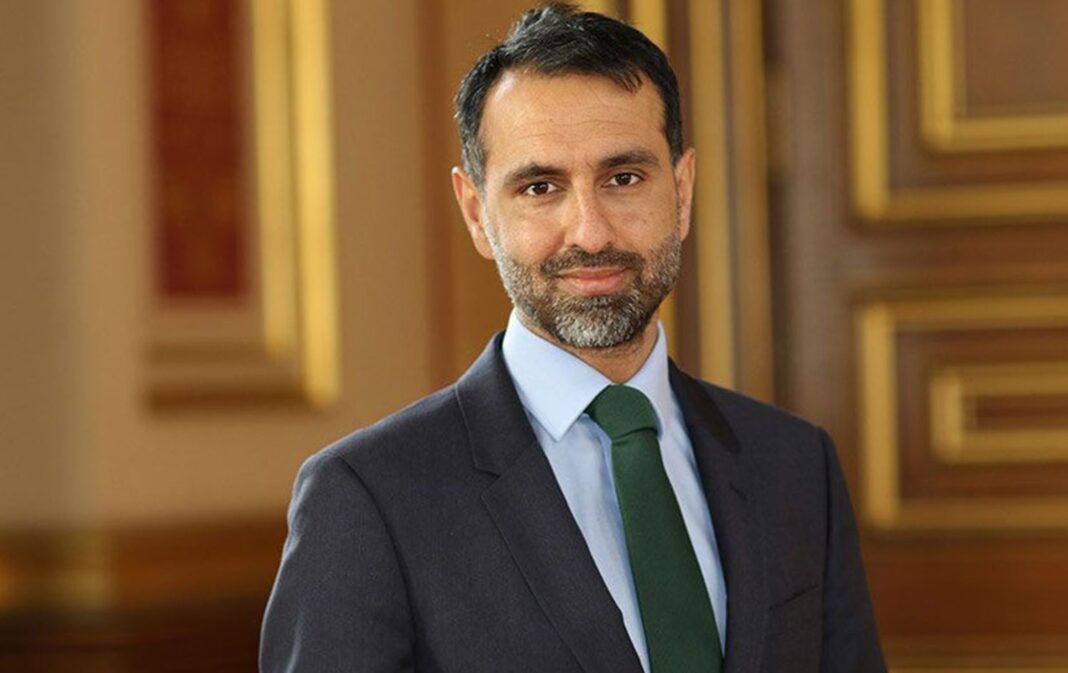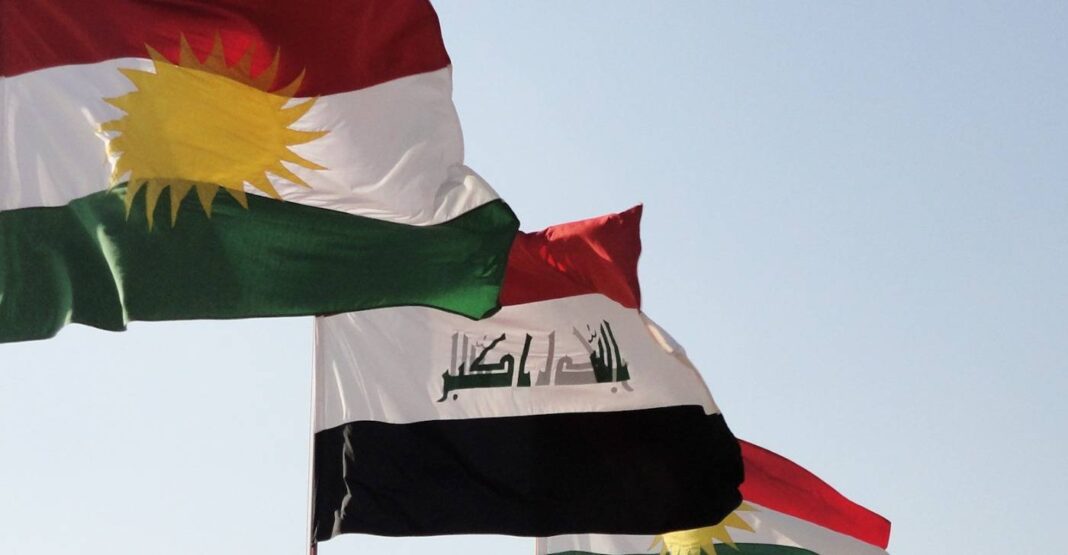Iraq’s Foreign Ministry formally protested British Ambassador Irfan Siddiq’s recent comments on the draft Popular Mobilization Forces (PMF) law. The ministry called these remarks a breach of diplomatic norms and interference in Iraq’s internal affairs.
In an official statement, the ministry said it “strongly objected” to the ambassador’s media statements. They described the comments as contrary to diplomatic standards and unacceptable interference in the country’s sovereignty.
During a meeting on August 10, Deputy Foreign Minister Mohammed Hussein Bahr Aluloom expressed Iraq’s deep concern. He reaffirmed that the ambassador’s conduct violates the Vienna Convention on Diplomatic Relations. The convention requires diplomats to respect the host country’s laws and avoid meddling in its domestic matters.
Furthermore, the ministry urged the ambassador to avoid similar statements or actions in the future. It emphasized that diplomatic behavior should promote friendly ties between Iraq and the United Kingdom.
The protest came after Siddiq’s August 8 interview on Al Sharqiya TV. During the interview, he questioned the PMF’s role after the ISIS war. He asked what the PMF must do now to defend Iraq. Siddiq also highlighted challenges and risks facing the country.
He said the PMF’s role cannot remain the same as during the fight against ISIS. He linked the government’s request for the international coalition’s withdrawal to the completion of that mission. Additionally, Siddiq suggested reviewing the PMF’s status as an emergency force since the ISIS war ended.
Moreover, Siddiq expressed concerns about some factions disobeying Iraq’s top security leadership. He cited an incident in Baghdad’s Dora district where some parties violated the law. These acts, he said, challenged police and state institutions.
The Iraqi government adds protest over these comments to protect its sovereignty. The Foreign Ministry stressed that diplomatic relations should build on respect and non-interference.
The draft PMF Authority Law aims to make the PMF a permanent military institution. It would give the force broad operational, political, and financial powers. Critics argue the law mirrors Iran’s Revolutionary Guard in structure and influence.
Currently, the draft expands the PMF’s legal powers beyond its original 2016 mandate. It seeks to embed the PMF formally in Iraq’s national security framework. Supporters see the force as a key guarantor of Iraq’s political order.
In conclusion, the Iraqi government adds protest in response to perceived foreign interference. It calls for diplomatic respect while navigating the sensitive PMF legislation.



